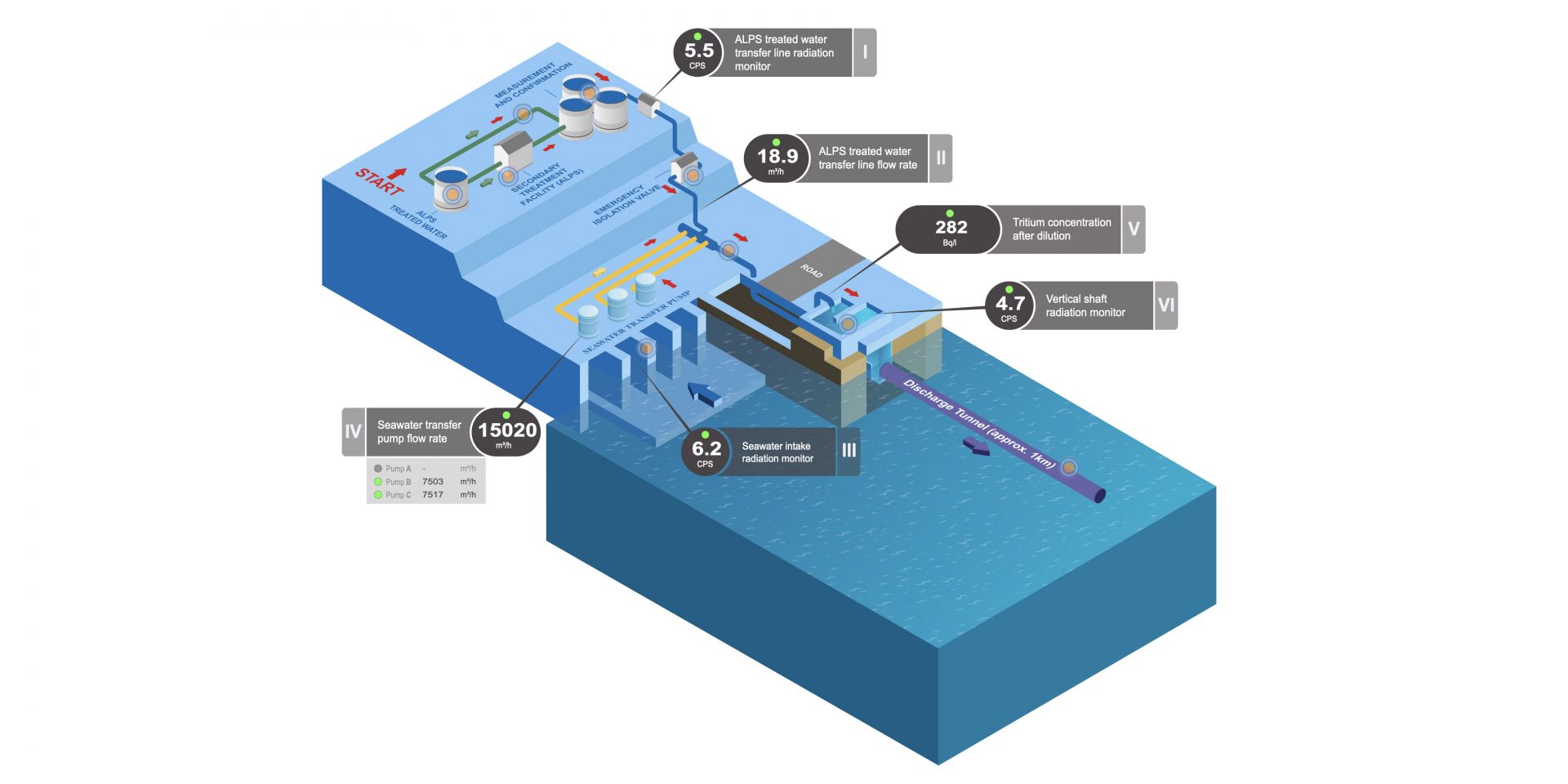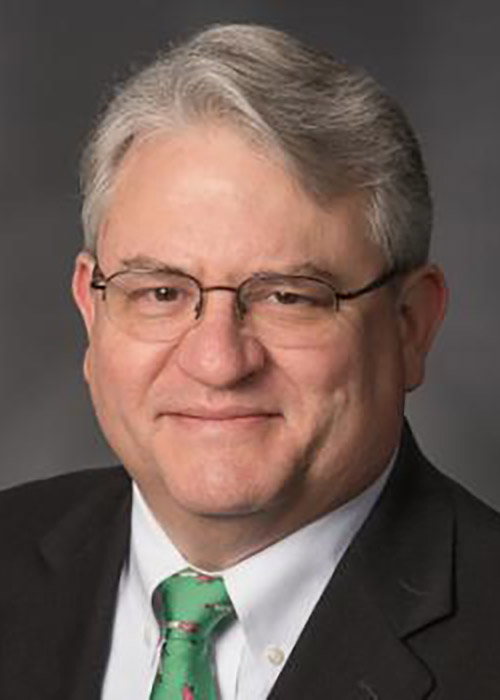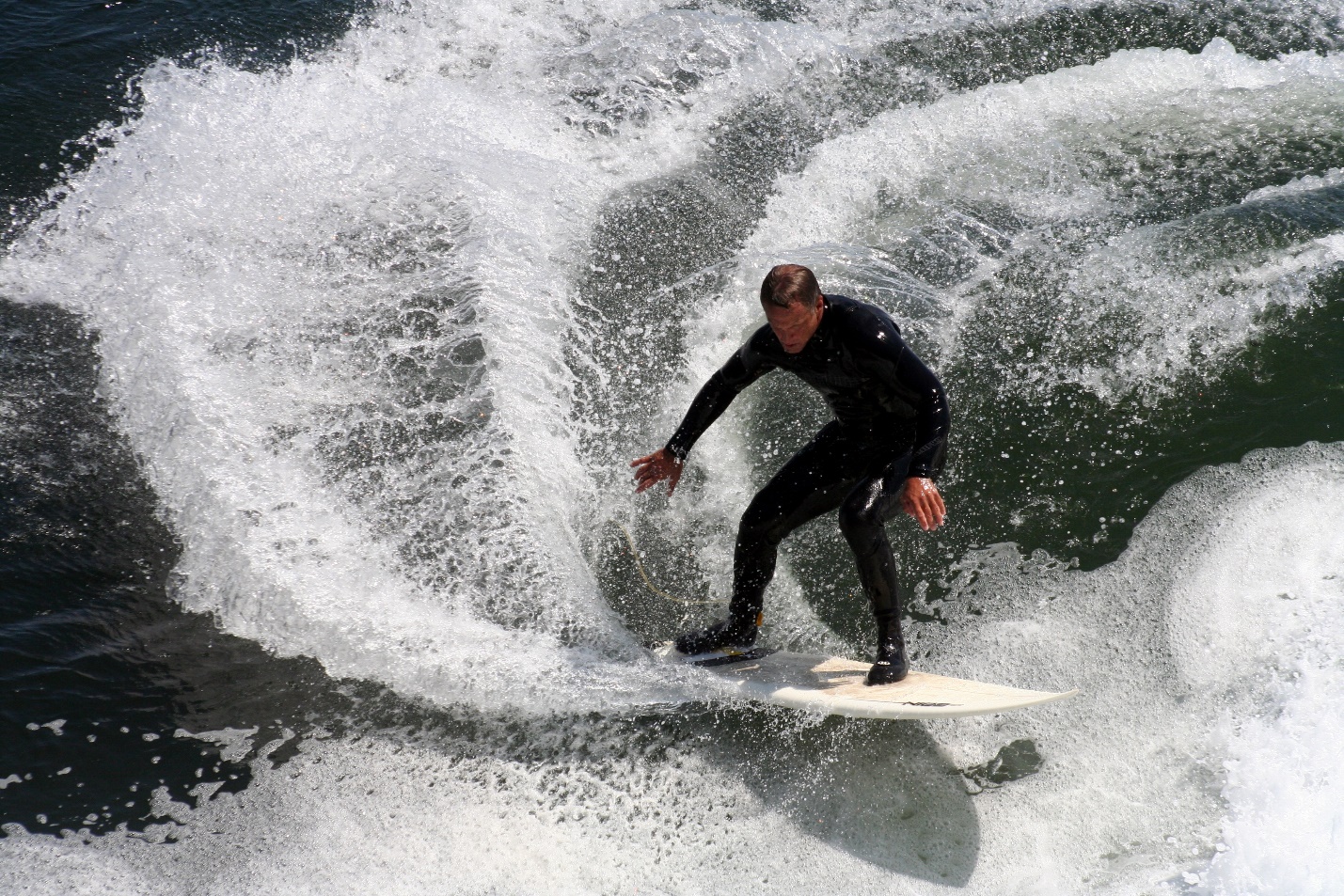Data from Fukushima ALPS-treated water discharge. (Image: IAEA)
An International Atomic Energy Agency task force has confirmed that the discharge of treated water from Japan's Fukushima Daiichi nuclear power plant is progressing in accordance with the plan approved by Japan’s Nuclear Regulation Authority.
March 1, 2021, 3:01PMUpdated August 25, 2023, 3:21PMNuclear NewsJohn Fabian The Fukushima Daiichi nuclear power station site. Image: Courtesy of TEPCO.
Earlier this week, Japan announced its intention to move ahead with its plan to discharge re-treated, diluted tritiated wastewater from the damaged Fukushima Daiichi Nuclear Power Plant into the ocean. This plan has been a topic of discussion--and for many a source of contention--since 2013. After a decade of talks, and with the endorsement of nuclear scientists, experts, and organizations around the globe, the time has come to act. By following safety standards in place and endorsed by the IAEA, the release of wastewater will pose no threat to the public or the environment.
The article below was originally published in the March 2021 issue of Nuclear News. (Also included in that issue is a great review article from Lake Barrett outlining the current status of the decontamination and decommissioning going on at Fukushima .) That month marked 10 years since the Tōhoku earthquake and tsunami devastated Japan and crippled the Fukushima plant. The words that follow remain timely, since various news outlets continue to report on the dangers of Fukushima's wastewater without providing context to the Japanese plan to discharge it.
Treated water is safer than world standards, essential for decommissioning
Washington, D.C. – The American Nuclear Society (ANS) supports the start of Japan’s controlled release of re-treated, diluted tritium wastewater into the sea from the Fukushima Daiichi Nuclear Power Plant (NPP), which sustained damage in the aftermath of a 2011 earthquake and tsunami.
A photo from 2021 of the Fukushima nuclear power station with the more than 1,000 water storage tanks on site. (Photo: TEPCO)
We’ve all seen the headlines such as “Should Japan Dump Fukushima's Radioactive Water into the Ocean?” along with “Japan Set to Pour Fukushima Waste into Pacific, Irking China” and “Japan Is Slowly but Surely Releasing Wastewater from the Fukushima Nuclear Plant into the Pacific Ocean.” The most recent spate of fearmongering was triggered by the IAEA’s July 4 announcement that the agency had finished its independent assessment of Japan’s plans to release the treated wastewater stored at the Fukushima Daiichi nuclear power station and found the plan “consistent with IAEA Safety Standards.”
A current picture of the Fukushima nuclear power station with the more than 1,000 water storage tanks on site. Photo: Courtesy of TEPCO.
The Japanese government will soon announce the decision to dispose of stockpiled Fukushima wastewater into the Pacific Ocean, according to an AP News story published last Friday. The decision is years in the making and follows the guidelines from a panel of government-appointed experts named the Subcommittee on Handling of the ALPS-Treated Water (ALPS Subcommittee).




.jpg)
.jpg)

